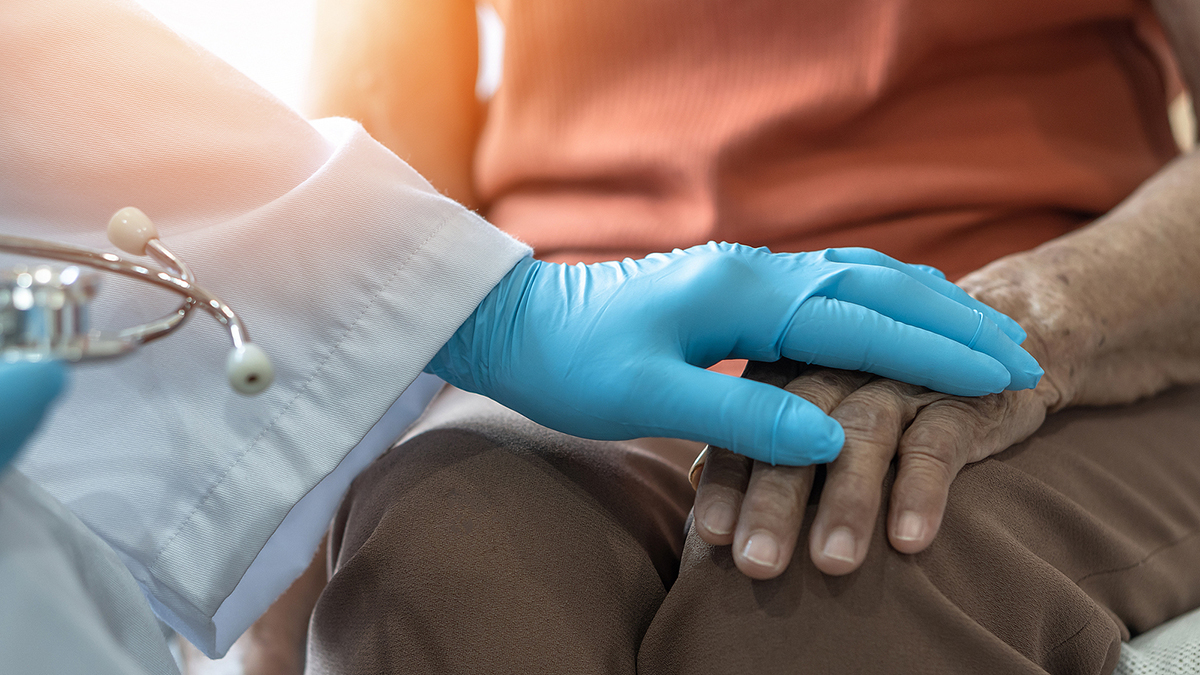 Once in a while a new study comes out that turns everything on its head. That’s the case with a new study published in the journal Cell Reports.
Once in a while a new study comes out that turns everything on its head. That’s the case with a new study published in the journal Cell Reports.
It reveals that everything we’ve been doing to treat Parkinson’s disease was wrong, and it proposes a simple, natural way to heal this disease.
Here’s the thing: Parkinson’s disease is characterized by the accumulation of a protein called alpha-synuclein in our brains. This buildup leads to cell death and the motor and other symptoms that are so much part of the disease.
Accordingly, scientists have been stuck, thinking of Parkinson’s treatment in terms of removing these proteins from the brain. But these treatments haven’t been very successful.
The new study, however, shifts the focus to the gut, exploring how dietary components and the by-products of gut bacteria can influence brain health.
The researchers worked with Parkinson’s-hit worms, first looking at the levels of various molecules in their bodies. One molecule that was much lower in the Parkinson’s worms was something called propionate, a short-chain fatty acid produced by gut bacteria.
This made them wonder whether propionate had something to do with Parkinson’s. To find out, they increased the amount of this substance in the worms’ bodies by adding it to their diets.
What did they find?
The worms with higher propionate levels had improved movement and less neuron death compared to the Parkinson’s worms without the propionate boost.
Therefore, it seems like propionate can improve symptoms and stop the degeneration that happens in Parkinson’s disease.
But how does gut bacteria-produced propionate help brain health? The researchers discovered a fascinating two-way communication between the gut and the brain.
When alpha-synuclein clumps form in the brain, they trigger a stress response in gut cells. This stress response actually reduces propionate production.
This creates a vicious cycle. Low propionate weakens the gut’s ability to produce energy. This, in turn, worsens the effects of alpha-synuclein on the brain.
The good news is that the cycle can be broken by increasing propionate levels.
Interestingly, propionate’s benefit came without reducing alpha-synuclein buildup in the brain. The protein buildup was still there, but it didn’t have the normal destructive effects.
Of course, we can’t generalize from worms to humans, but previous studies have found that humans with Parkinson’s are also low in propionate. This suggests that the study might apply to us too.

 Overcoming IBD
Overcoming IBD Multiple Sclerosis
Multiple Sclerosis Banishing Bronchitis
Banishing Bronchitis Gum Disease Gone
Gum Disease Gone Overcoming Onychomycosis
Overcoming Onychomycosis Neuropathy No More
Neuropathy No More The Prostate Protocol
The Prostate Protocol Brain Booster
Brain Booster
 Ironbound
Ironbound
 Solution for Shingles
Solution for Shingles
 The Bone Density Solution
The Bone Density Solution
 The Ultimate Healing Protocol
The Ultimate Healing Protocol
 The Parkinson's Protocol
The Parkinson's Protocol
 The Chronic Kidney Disease Solution
The Chronic Kidney Disease Solution
 Overthrowing Anxiety
Overthrowing Anxiety The Fatty Liver Solution
The Fatty Liver Solution The Hypothyroidism Solution
The Hypothyroidism Solution
 The End of Gout
The End of Gout The Blood Pressure Program
The Blood Pressure Program
 The Oxigized Cholesterol Strategy
The Oxigized Cholesterol Strategy
 Stop Snoring And Sleep Apnea Program
Stop Snoring And Sleep Apnea Program
 The Arthritis Strategy
The Arthritis Strategy The Vertigo & Dizziness Program
The Vertigo & Dizziness Program The 3-Step Diabetes Strategy
The 3-Step Diabetes Strategy Hemorrhoids Healing Protocol
Hemorrhoids Healing Protocol The Erectile Dysfunction Master
The Erectile Dysfunction Master Weight Loss Breeze
Weight Loss Breeze The IBS Program
The IBS Program The Insomnia Program
The Insomnia Program The Migraine and Headache Program
The Migraine and Headache Program The Neck Pain Solution
The Neck Pain Solution The Menopause Solution
The Menopause Solution The Ejaculation Master
The Ejaculation Master The TMJ Solution
The TMJ Solution The Acid Reflux Solution
The Acid Reflux Solution The Fibromyalgia Solution
The Fibromyalgia Solution The Psoriasis Strategy
The Psoriasis Strategy